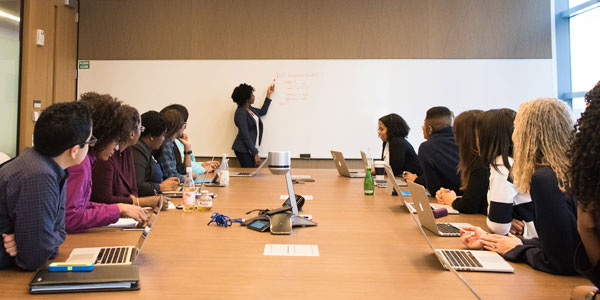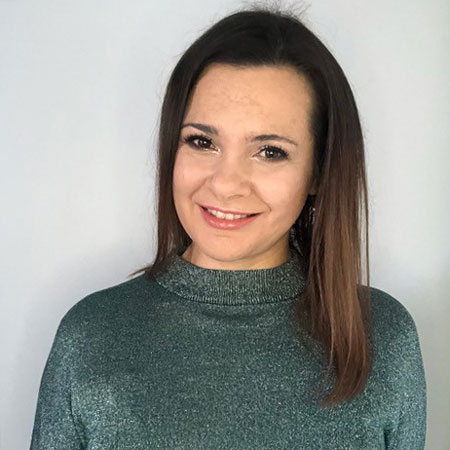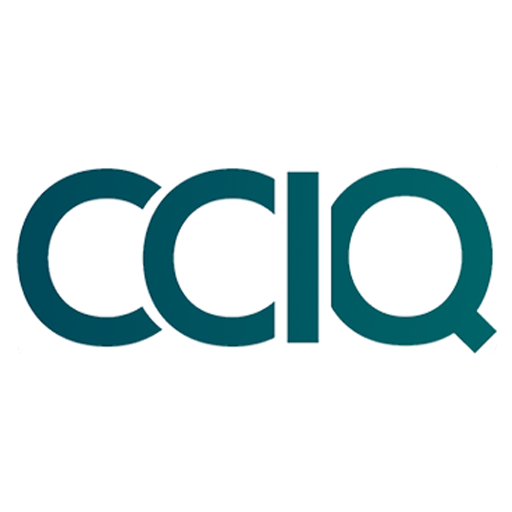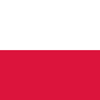Coaching
Coaching is a partnership relationship between the coach and the client. It aims to develop the client's strengths, help overcome internal resistance, cross internal barriers, and limitations to achieve individual and professional efficiency.
Coaching increases the effectiveness and efficiency of the client by finding new solutions.
In coaching, we assume that the client independently develops and implements own solutions based on knowledge, skills, and experience. The coach is a partner who supports the client in this process.
Therefore, the client — not the coach — is an expert in the field of the client’s life. The coach stimulates the process of discovering the client's potential. A special role in the coaching process is played by the client's personal responsibility and commitment.
In coaching, we motivate the client to change and support the development of skills.
We conduct coaching processes for individual clients and business clients in three-party processes on behalf of the organization.
When conducting COACHING WITH INDIVIDUAL CLIENTS, the coach invites the client to the first meeting. The purpose is to learn about the client's development needs, expectations, and goals. The coach discusses with the client what goals can be achieved through coaching and require other forms of support, such as mentoring, or others.
We determine with the client the expected results of our meetings and the long-term goals to be achieved.
At the end of the meeting, we discuss the logistics of the meetings, such as how many sessions there will be, where and how they will take place, and we sign the contract.
When conducting COACHING FOR BUSINESS CLIENTS, we follow a step-by-step process:
- In the first step, the coach meets with the sponsor to examine expectations regarding the process and the expected results. The coach presents the principles of the coaching work, the code of ethics, and the rights of all parties involved before starting the coaching process. The result is the signing of the contract (setting the goals and expected results).
- The second step is a coach-sponsor-client meeting. The purpose of the meetings is to inform the employee about the planned activities, goals, and expectations, listen to him/her, and learn about his/her perspective. The result of this stage is the employee's consent to be addressed by coaching activities.
- The third stage begins the coaching process with the employee according to an agreed schedule.
Coaching is solution-oriented, focused on defining and achieving specific goals, which translates into efficiency in action.













